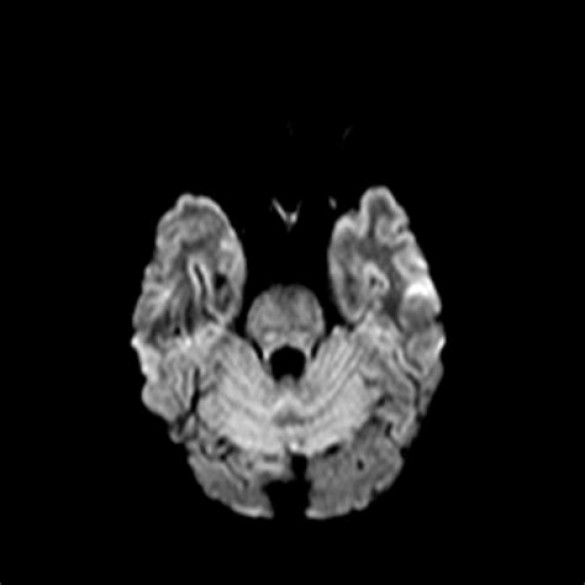
Encephalopathy might sound like a complicated term, but it's essential to understand its warning signs to ensure timely medical attention and care. In this article, we'll break down the key indicators of encephalopathy in simple language, helping you recognize potential issues early on. So, let's dive into the world of encephalopathy and learn about the signs that shouldn't be ignored.
Before we delve into the warning signs, let's grasp the basics. Encephalopathy refers to a general term for brain dysfunction or disease. It can be caused by various factors, including infections, toxins, metabolic problems, or an underlying medical condition. Encephalopathy can affect people of all ages, and its symptoms can range from mild to severe.
Early detection of encephalopathy is crucial for effective treatment and management. Recognizing the warning signs promptly can prevent further complications and improve the chances of a successful recovery.
Here are the warning signs to watch out for:
A sudden change in mental state is a significant red flag. This might include confusion, memory problems, difficulty concentrating, or even personality changes.
Encephalopathy can affect coordination and balance. Look for signs of stumbling, clumsiness, or difficulty walking.
Uncontrolled shaking or seizures can indicate brain dysfunction and should not be overlooked.
If someone exhibits unusual behavior, such as aggression, irritability, or extreme mood swings, it could be a sign of encephalopathy.
Difficulty speaking clearly or slurred speech may be an indicator of neurological issues.
Encephalopathy can disrupt sleep patterns, leading to insomnia or excessive sleepiness.
Noticeable muscle stiffness or rigidity could point to underlying brain problems.
Changes in sensory perception, like heightened sensitivity to light or sound, might be indicative of encephalopathy.
If you or someone you know experiences any of these warning signs, it's important not to delay seeking medical attention. Encephalopathy can have serious consequences if left untreated.
Encephalopathy can have various causes, including:
Viral or bacterial infections affecting the brain can lead to encephalopathy.
Liver diseases can cause a buildup of toxins in the bloodstream, affecting the brain.
Certain metabolic conditions can impair brain function, leading to encephalopathy.
Kidney failure can result in the accumulation of toxins, impacting brain health.
While not all cases of encephalopathy can be prevented, there are steps you can take to reduce the risk:
Ensuring you're up-to-date with vaccinations can protect against infections that might lead to encephalopathy.
Maintaining a healthy lifestyle with a balanced diet and regular exercise can contribute to overall brain health.
Managing underlying medical conditions effectively and seeking prompt medical attention for infections can reduce the risk of encephalopathy.
Encephalopathy is a serious condition that requires vigilance for early detection. By staying informed about the warning signs and taking preventive measures, you can prioritize brain health and well-being. Remember, if you notice any unusual symptoms, it's always better to consult a medical professional to ensure the best possible care.
8 Migraine Prevention Strategies Backed by Science
Things you should "never" eat or drink before a meal
How Much Bamboo Shoot Should You Consume? Unveiling Expert Opinions and Serving Sizes